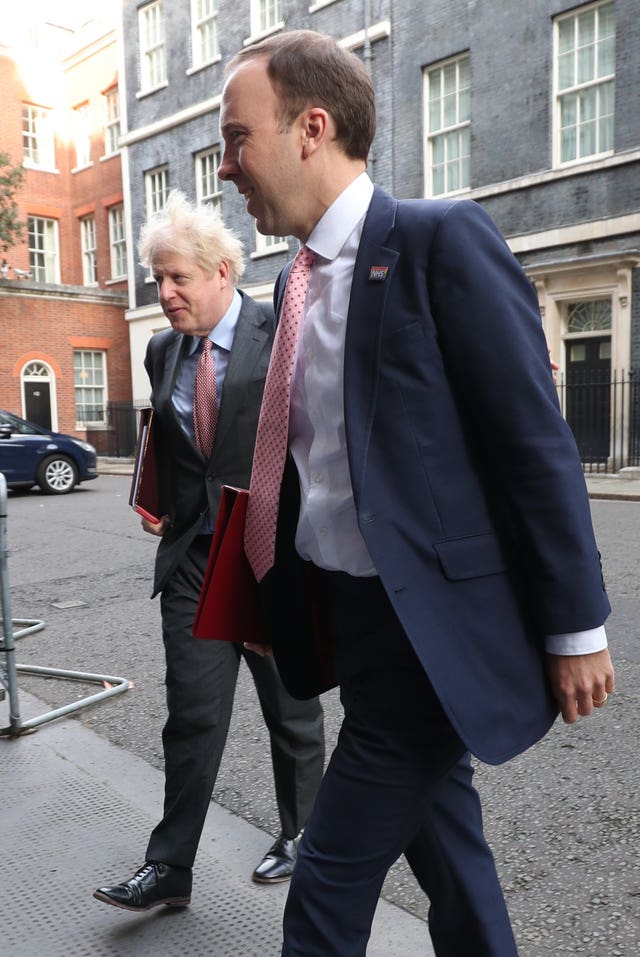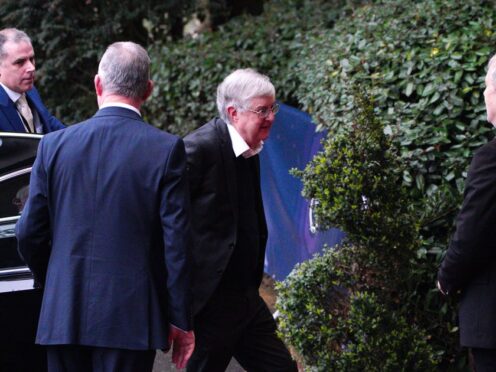Boris Johnson was like an “absent” football manager during the pandemic, a public inquiry has heard.
Mark Drakeford, the outgoing First Minister for Wales, criticised the former prime minister’s leadership and failure to chair meetings with the devolved nations during the pandemic, at the UK Covid-19 Inquiry on Wednesday.
In a written statement to the inquiry, Mr Drakeford described Michael Gove – the minister for the Cabinet Office during the early part of the pandemic and point of contact between the two governments – as “a centre forward without a team lined up behind him, and where the manager was largely absent”.
Addressing the inquiry, Mr Drakeford clarified he was talking about Mr Johnson.
He said: “The absent manager was the prime minister because he was never in these meetings or at the table.”
While he praised Mr Gove, he described him as having “influence rather than the determinative impact” that Mr Johnson would have had in the meetings.
Earlier hearings heard Mr Johnson had decided not to meet heads of the devolved nations to avoid giving the impression that the UK was federalised or like a “mini-EU”.
Mr Drakeford said: “I wrote regularly to the prime minister asking for a predictable series of meetings between the heads of the four nations.
“It had never occurred to me until I read that the prime minister had turned those requests down, not on political grounds, which I could understand – these are busy times and he is a busy man – but as a matter of policy he had decided not to meet and that did seem to me to be an extraordinary decision.”

The inquiry also heard that Matt Hancock, the then-UK health secretary, incorrectly stated that public health was not devolved in an “extraordinary exchange of messages” with Mr Gove.
Giving evidence to the inquiry, Mr Drakeford said there was a “lack of clarity” over the legislative basis for powers that would be needed to deal with the pandemic, which continued through March 2020.
“My belief right up until March 20 is that the essential decisions would remain in the hands of the UK Government and that devolved governments would be implementers of those decisions,” he told the hearing.
“Even on March 20 there is further confusion over the next couple of days as to where the ability to exercise public health powers lie.
“And there is an extraordinary exchange of messages between Mr Gove and Mr Hancock on May 30, in which Mr Hancock says ‘I’ve seen the submission, it’s disgraceful that lawyers don’t understand where these powers lie because public health is not devolved’.”
Mr Drakeford continued: “So here is the secretary of state for health in England getting the most basic thing entirely wrong.”
He told the hearing it was “pretty alarming” that the legal basis for which “profoundly consequential decisions were being made” was still being resolved on March 20.
The inquiry continues.
